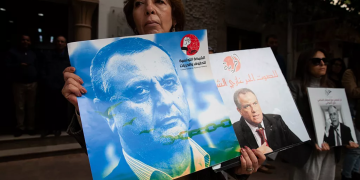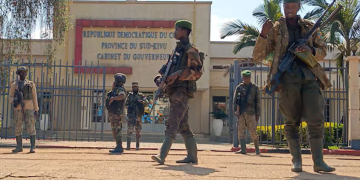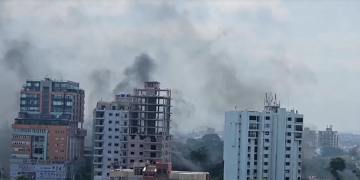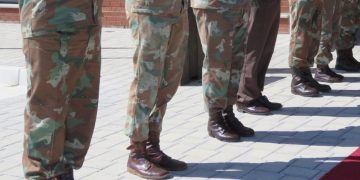In a significant escalation of hostilities, a recent Russian missile attack on Kyiv has left one person dead and caused extensive damage across the Ukrainian capital.
This incident is part of a broader pattern of violence as the war in Ukraine continues to unfold, with implications that resonate far beyond its borders.
The Attack on Kyiv
Ukrainian officials reported that the missile strike on December 20 resulted in not only a fatality but also injuries to nine others.
The attack disrupted heating services for 630 buildings, including 16 medical facilities and 30 schools and kindergartens, while debris from the missiles caused damage and fires in three districts.
In response to the assault, Ukraine’s air force successfully intercepted five short-range Iskander ballistic missiles aimed at the city.
The Russian Defense Ministry claimed that this strike was retaliatory, following a Ukrainian missile attack on a chemical plant in Russia’s Rostov region just two days prior.
This cycle of retaliation raises critical questions about the ongoing conflict’s trajectory and the potential for further escalation.
Territorial Gains in Eastern Ukraine
In parallel developments, Russian forces have made significant territorial gains in eastern Ukraine, seizing control of two additional settlements in the Donetsk region: Uspenivka and Novopustynka.
The Russian Defense Ministry reported these advances amid claims that Ukrainian soldiers are overstretched and outgunned.
As Moscow continues its offensive operations, capturing new villages almost daily, the situation on the ground remains precarious for Ukrainian forces.
Turkey’s Strategic Position
Amid these tensions, Turkey has received a waiver from the United States regarding gas payments to Russia, following sanctions imposed on Gazprombank.
Turkish Energy Minister Alparslan Bayraktar confirmed that this waiver allows Turkey to continue importing natural gas from Russia, which supplies over 50% of its gas needs.
This development highlights the complex geopolitical landscape surrounding the conflict, as nations navigate their interests amid ongoing hostilities.
A Broader Context: Humanitarian Impact and International Response
The ongoing violence has not only resulted in military casualties but has also had devastating effects on civilian life in Ukraine.
The humanitarian crisis continues to escalate, with many families displaced and critical infrastructure damaged.
As international attention focuses on these developments, there are growing calls for more robust support for Ukraine from Western allies.
The situation raises important questions about the effectiveness of current strategies employed by both sides and the potential for diplomatic resolutions.
With President William Ruto of Kenya recently labelling LGBTQ+ rights as a non-issue amid this backdrop of violence, it becomes clear that societal attitudes towards human rights are also under scrutiny during this turbulent period.
The Path Forward
As we reflect on these recent events—the missile strikes in Kyiv, territorial gains by Russian forces, and Turkey’s strategic manoeuvres—it is evident that the conflict in Ukraine is far from resolution.
Each incident contributes to a complex tapestry of geopolitical dynamics that will require careful navigation by international leaders.
With tensions escalating and humanitarian needs growing, it is imperative for global stakeholders to engage actively in seeking solutions that prioritize peace and stability in the region.
The world watches closely as Ukraine continues to confront unprecedented challenges in its fight for sovereignty and human rights amidst ongoing aggression.
Credit: DW













